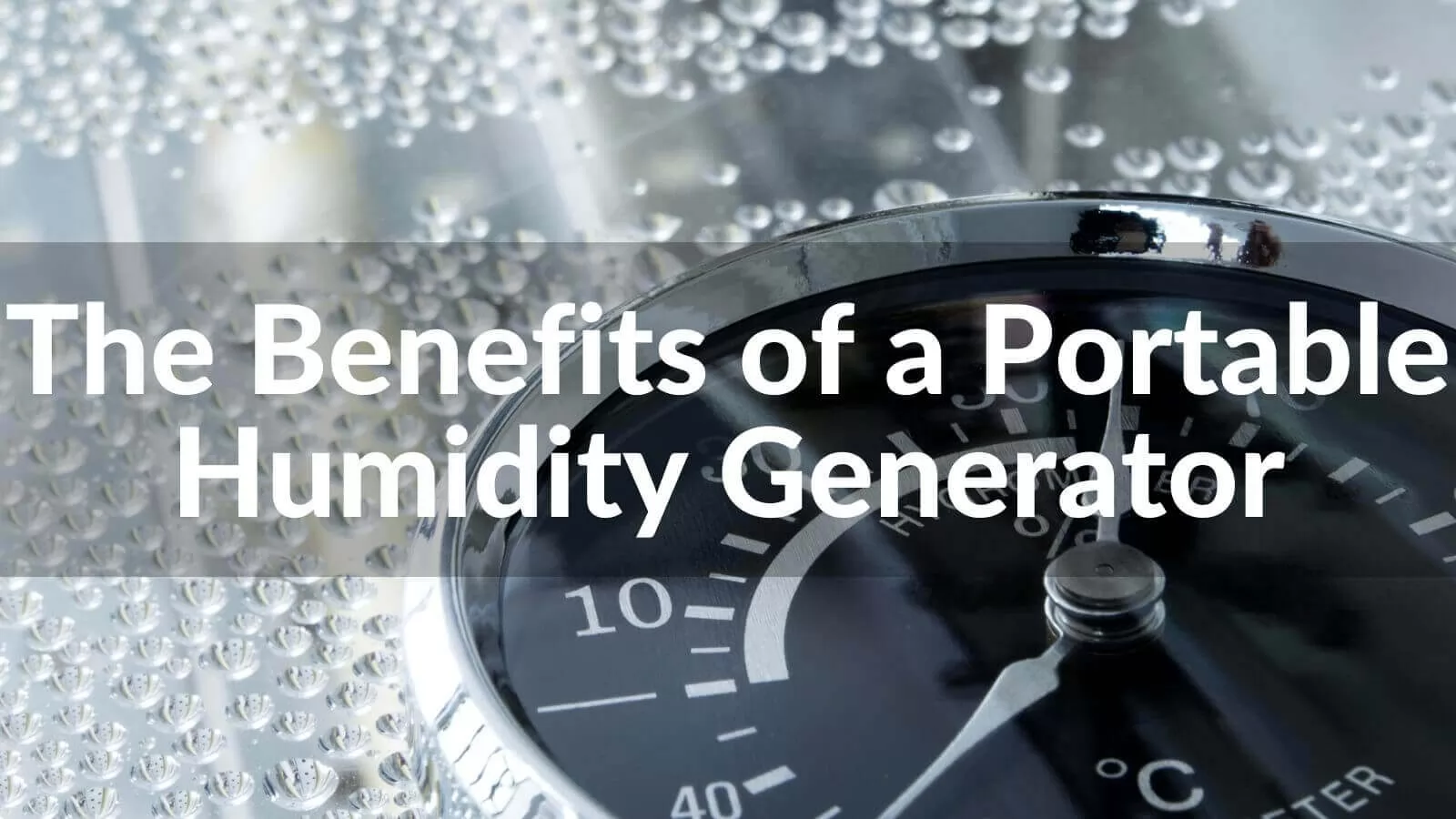
Humidity measurement is a critical aspect of many industries, including pharmaceuticals, food processing, and electronics manufacturing. Humidity levels can impact product quality, shelf life, and manufacturing processes, making accurate measurement and control of humidity essential. Humidity sensors and generators are commonly used to measure and regulate humidity levels in various environments.
What are the characteristics of the portable humidity generator introduced in this article, and in what fields can it be used? Let’s find out together.
1. What is a Protable Humidity Generator?
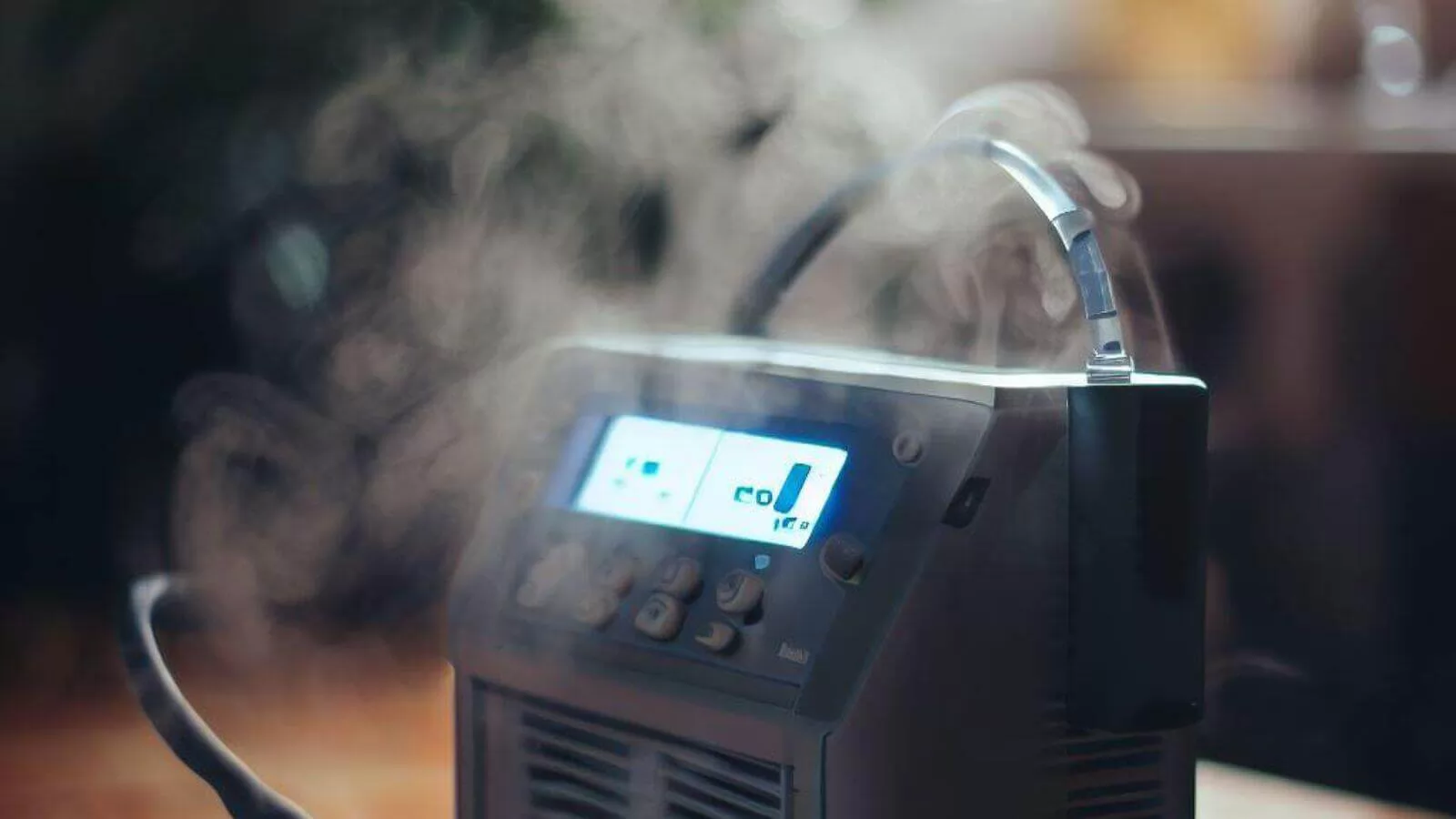
One sort of humidity generator that is made for comfort and ease of usage is the portable humidity generator. Portable humidity generators are compact, lightweight, and simple to travel in contrast to other forms of humidity generators, which are frequently big and fixed. They can be hooked into a conventional electrical socket or are frequently battery-powered. HVAC, building inspection, and calibration labs are just a few sectors where portable humidity generators are often employed.
In order to calibrate humidity sensors or to check the precision of other humidity measuring equipment, portable humidity generators work by producing a known and consistent relative humidity level. Additionally, they may be used to quickly assess the humidity levels in diverse settings. They are especially helpful in instances where humidity levels need to be measured at several places or when there is a lack of space due to their mobility.
The portable humidity generator can meet the measurement and calibration needs of conventional temperature and humidity measuring instruments such as temperature and humidity sensors, temperature and humidity transmitters, and small temperature and humidity meters.
2. How Do Humidity Sensors Work?
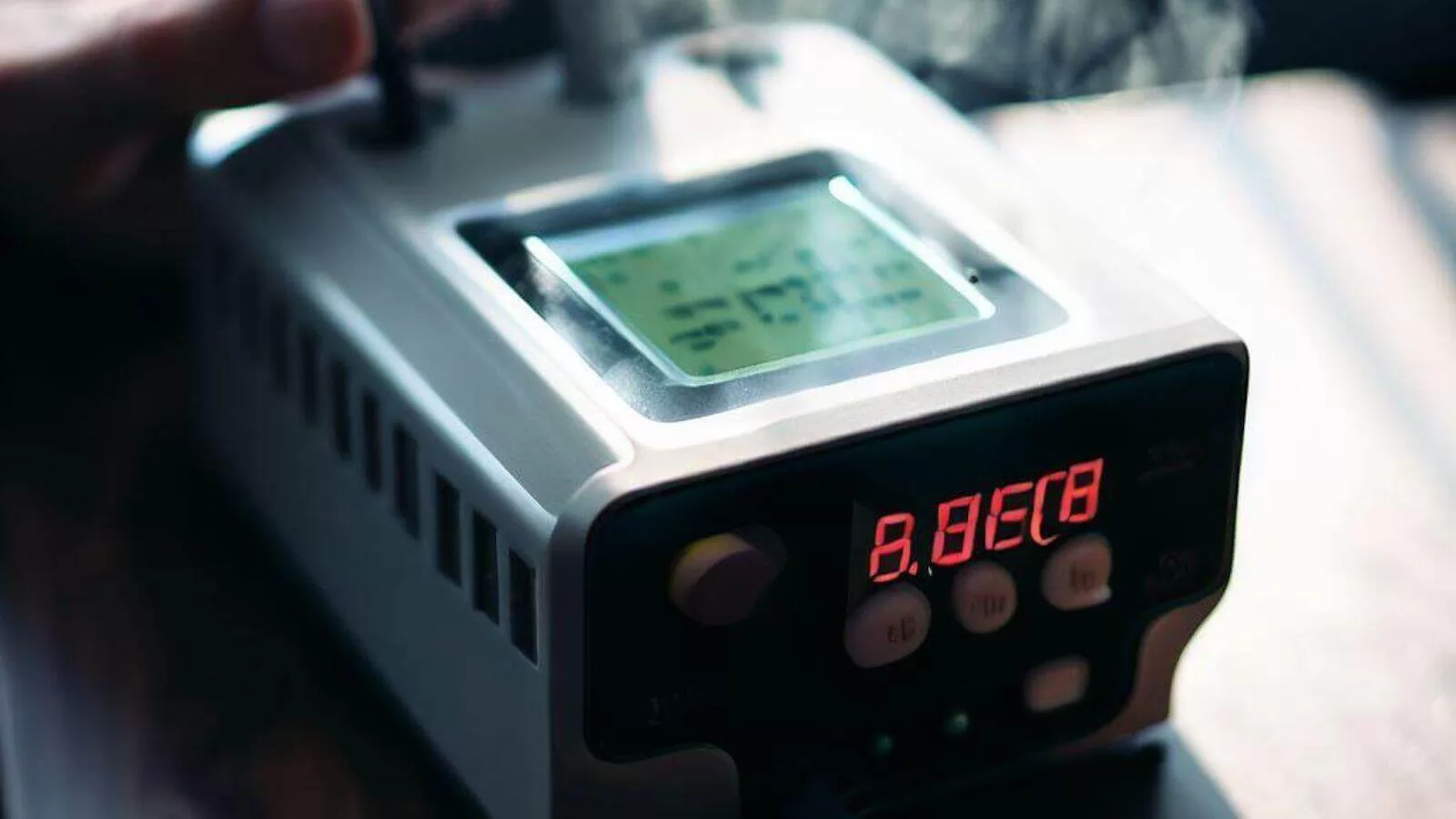
The amount of water vapour in the air is measured by humidity sensors and is commonly reported as relative humidity (RH). Hygrometers, psychrometers, and dew point metres are three different kinds of humidity sensors that each work according to a different set of rules.
By sensing changes in a material's electrical characteristics as it absorbs or desorbs water vapour, hygrometers monitor humidity. Environmental monitoring and HVAC systems frequently employ this kind of sensor.
By contrasting the temperatures of a wet and dry bulb, psychrometers can calculate humidity. Agricultural applications and weather stations frequently employ this kind of sensor.
Dew point meters measure humidity by cooling a surface until dew forms, and then measuring the temperature at which dew condenses. This type of sensor is commonly used in industrial processes where accurate control of dew point is essential.
To ensure accuracy and reliability, humidity sensors need to be calibrated and maintained regularly. Humidity calibration involves exposing the sensor to a known and stable relative humidity level and adjusting it to read correctly. Portable humidity generators can be used for humidity calibration, ensuring that sensors are accurately calibrated and ready for use.
3. Benefits of Using a Portable Humidity Generator
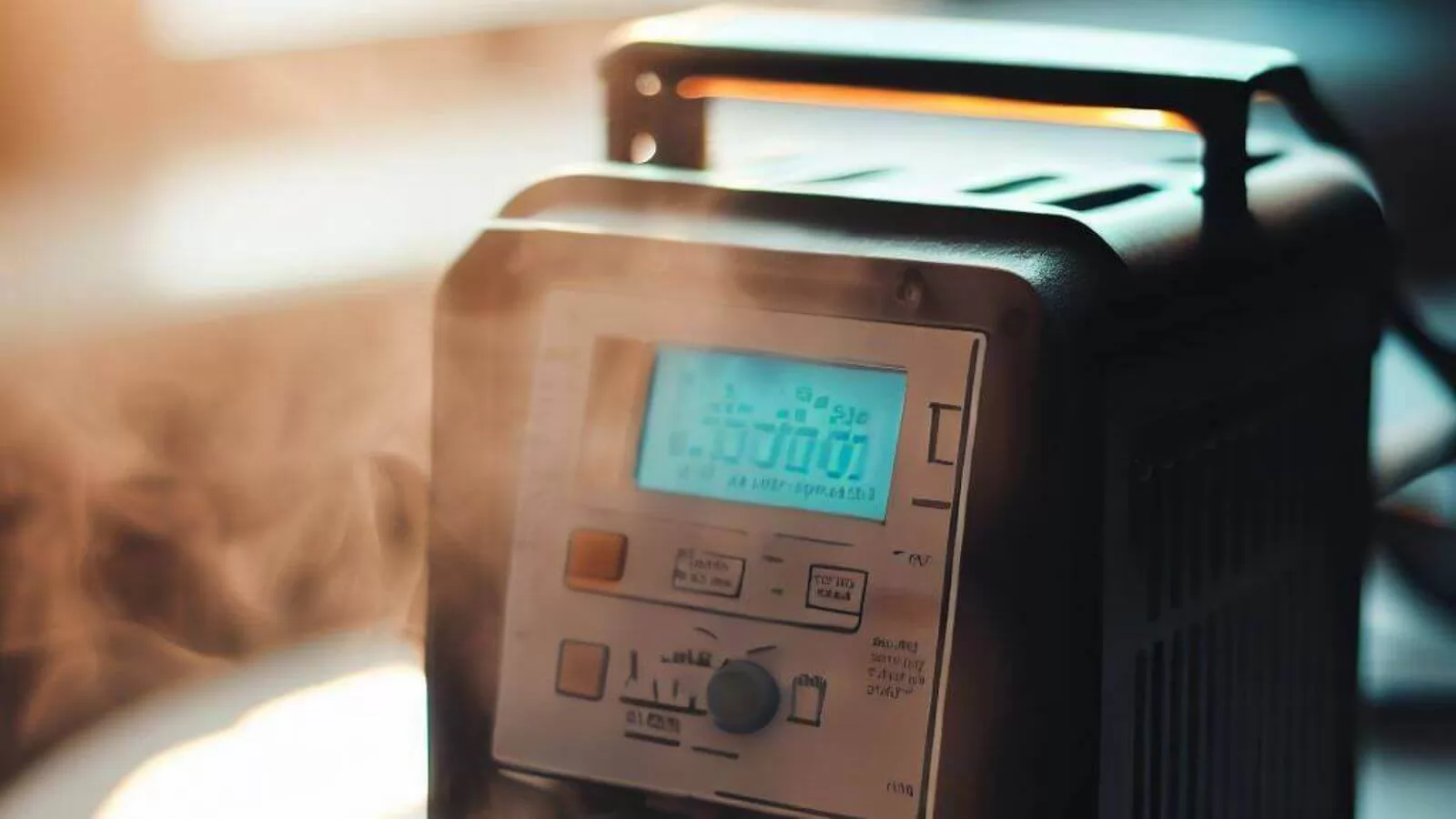
Compared to conventional humidity generators and other techniques of measuring humidity, a portable humidity generator has a number of benefits. Using a portable humidity generator has certain advantages, such as:
● 1. Precision: Portable humidifiers are renowned for their precision, offering exact and dependable humidity levels for calibration or spot-checking.
● 2. Convenience: Due to their portability and small weight, portable humidity generators are perfect for usage outdoors or in confined locations.
● 3. Quickness: Portable humidity makers can provide steady humidity levels in only a few minutes, cutting down on downtime and boosting output.
● 4. Versatility: Portable humidity generators are a versatile option for many applications since they work with a variety of humidity sensors.
● 5. Cost-effectiveness: Portable humidity generators are frequently less expensive than conventional humidity generators, which makes them the best option for smaller businesses or lone individuals.
4. Advantages and Disadvantages of a Humidity Sensor
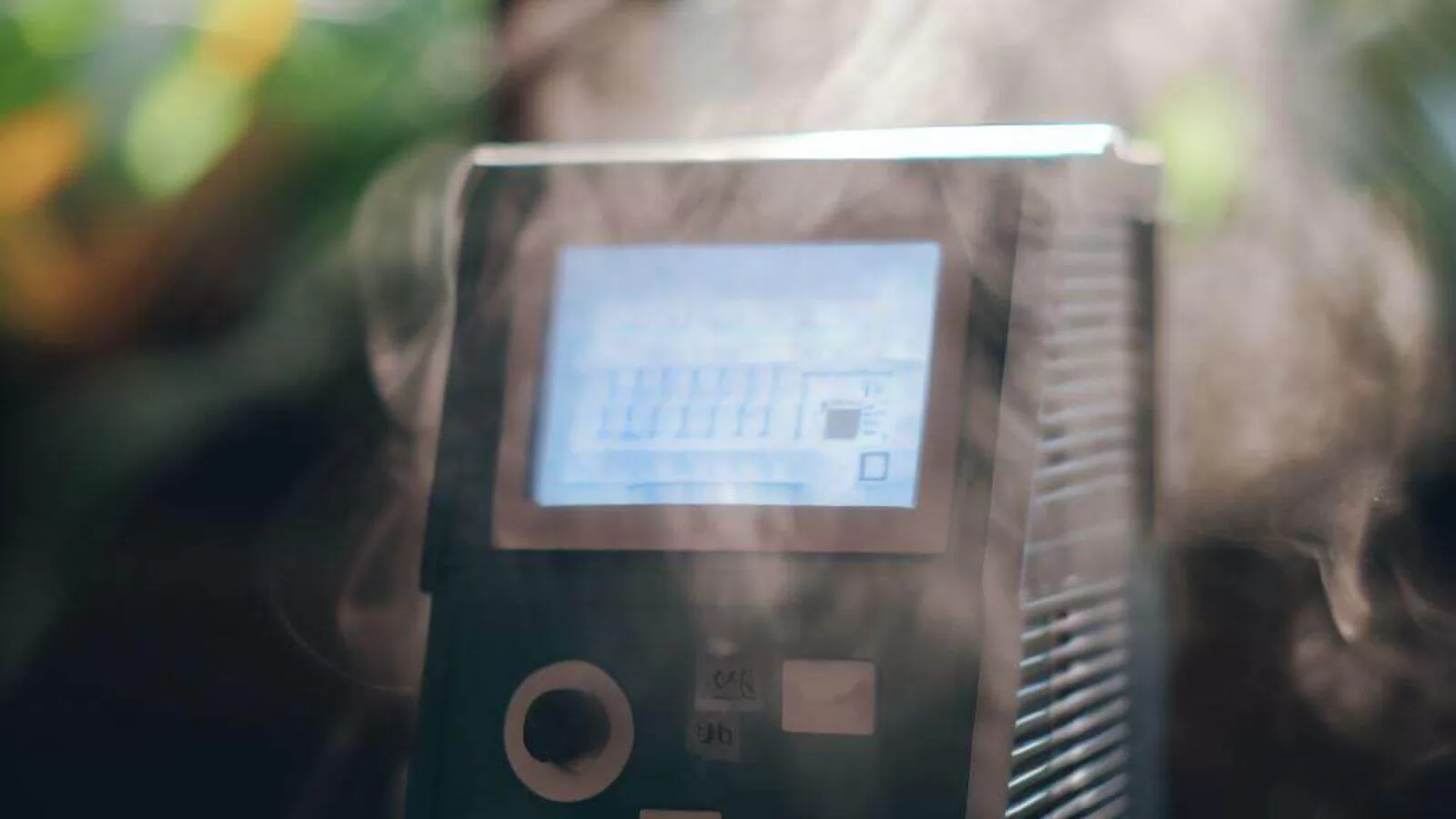
Humidity sensors offer several advantages for humidity measurement and control, including:
However, humidity sensors also have some limitations, including:
● Inaccuracy: Humidity sensors can be prone to inaccuracy, especially when they are not properly calibrated or maintained.
5. How Reliable is a Humidity Sensor?
A humidity sensor's dependability is influenced by a number of variables, including its kind, calibration history, and operating environment. Humidity sensors should be frequently calibrated using a steady and recognised source of humidity, like a portable humidity generator, to guarantee precise and dependable readings.
A humidity sensor may be made more accurate and reliable with routine calibration and maintenance. To provide accurate readings, calibration entails comparing the sensor's output to a known and reliable source of humidity and making any required adjustments. In difficult or demanding conditions, calibration should be done more regularly or at regular intervals of six months to a year.
In addition to calibration, humidity sensors require regular maintenance, including cleaning and inspection. Environmental factors such as dust, dirt, and contaminants can impact the accuracy of a sensor, so it is important to keep sensors clean and free of debris.
The dependability of humidity sensors can also be increased by using proper handling and storage techniques. In order to prevent damage or contamination, sensors should be handled carefully and stored in a clean, dry environment.
6. Excellent Portable Humidity Generator
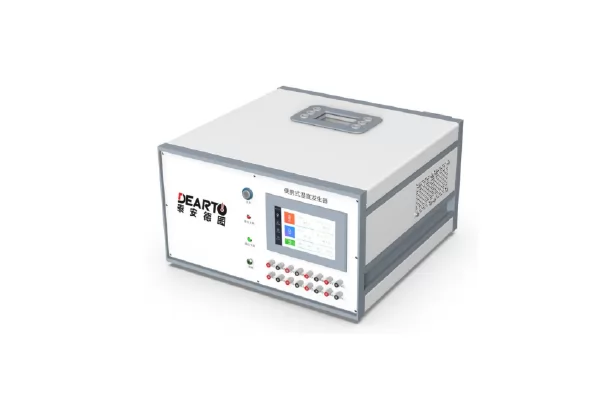
Advantages:
☑ Test chamber space up to (3~5) times that of similar products, providing more efficient test conditions
7. Where to Buy a Portable Humidity Generator?
Portable humidity generators are generally not available on Amazon, Walmart and other malls. If you want to find a professional portable humidity generator manufacturer, you can pay attention to Dearto. We are an excellent professional manufacturer of temperature and humidity calibration instruments in China. Dearto has obtained more than 50 With patents and software copyrights, we are strong in innovation and design, and we have applications in metrology institutes, aerospace, defense industry, military enterprises, electric power, petroleum and other fields, and can meet the various needs of customers. Based on past orders, Dearto has sold its products to the United States, Spain, Israel, Australia, Vietnam, Bolivia, Chile, Peru and other countries. No matter where your project is, we can provide a full range of services.
Conclusion
Numerous sectors, including manufacturing, processing, HVAC, and environmental monitoring, depend on accurate humidity measurement and management. In order to maintain correct and constant humidity levels for the best possible product quality, productivity, and safety, humidity sensors and generators are essential.
Compared to conventional humidity generators, a portable humidity generator has a number of benefits, including precision, practicality, and affordability. While humidity sensors have benefits for measuring humidity as well, accuracy and dependability depend on routine calibration and maintenance.
Regular calibration and maintenance of your humidity sensors is crucial for dependable and accurate readings, regardless of whether you want to utilise a portable humidity generator or a conventional humidity generator. You can decide what humidity measurement and control options are best for you if you are aware of the advantages and constraints of humidity sensors and generators.
If you have other questions, please contact us.



